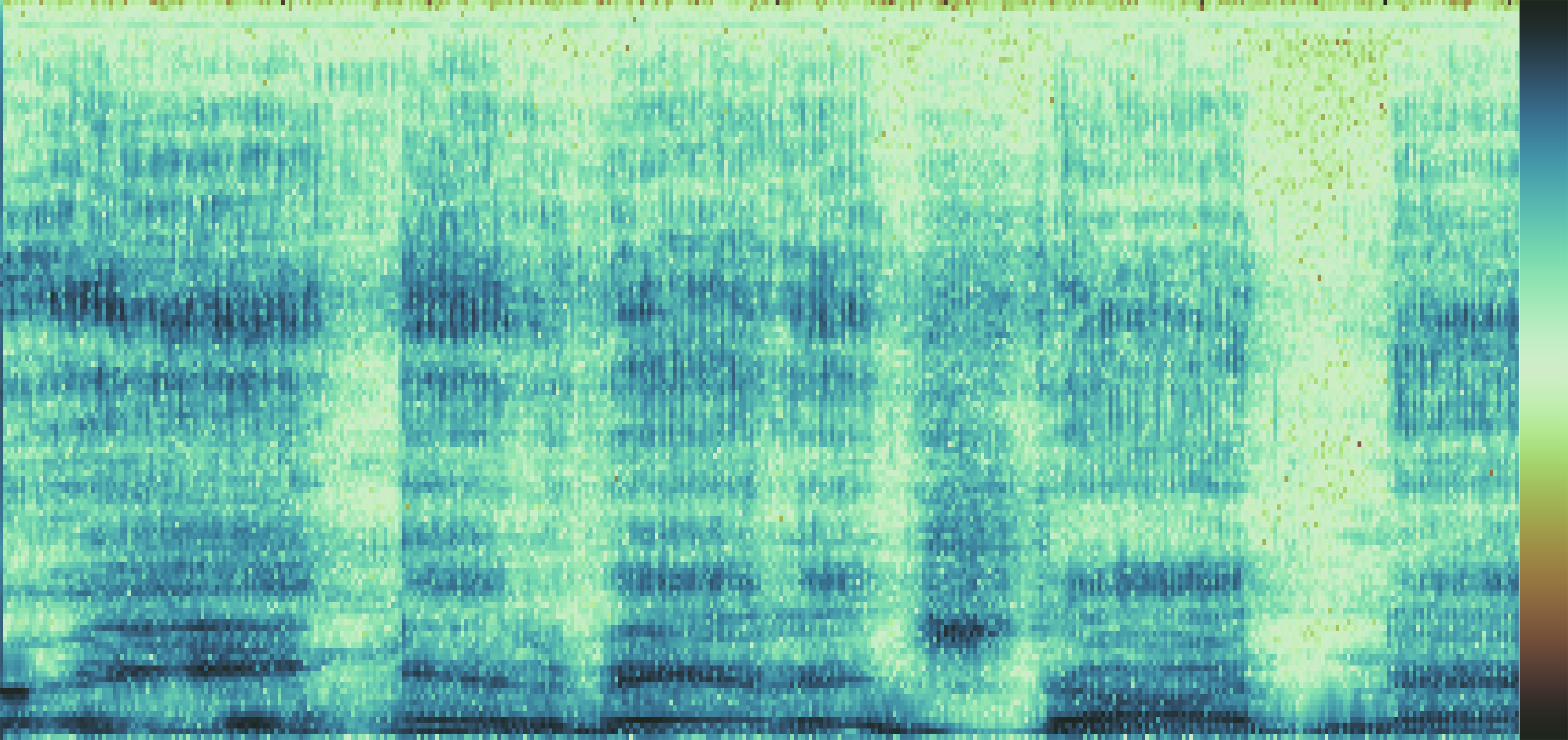Hearing Advantage’s APD testing looks at the main areas where children (and adults) have listening difficulties. These tests evaluate the central auditory system and specific deficits, including evaluations of how well a person can understand speech in noisy places, how well they can tell apart different sounds, and how well they process patterns in sounds.
What happens during APD testing?
Most of the testing process takes place in a sound booth using headphones to listen to different kinds of sound patterns. Specific testing items may include:
Listening to words or numbers in noisy backgrounds
Telling the difference between similar sounds
Switching attention among multiple sources of sound
Understanding rapid changes in sound patterns
The results show which areas of listening comprehension are strong and which need help.

